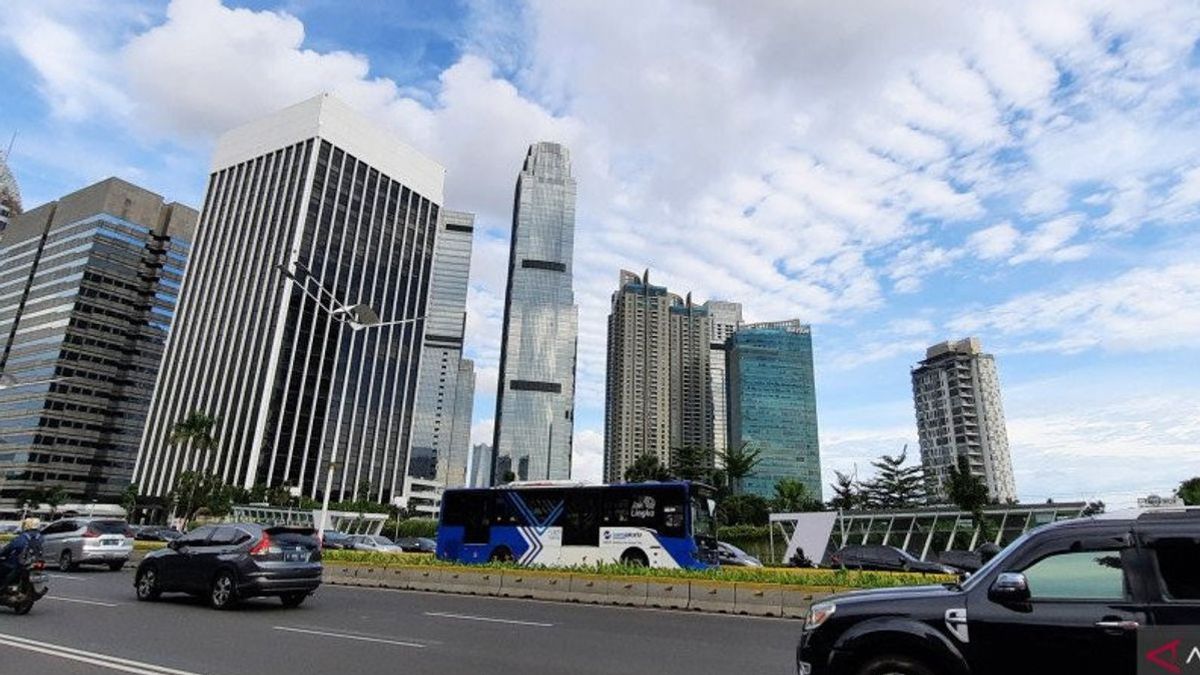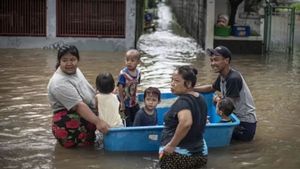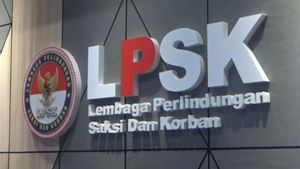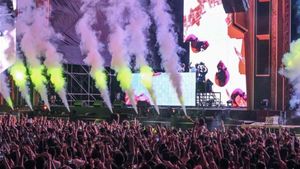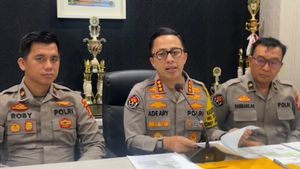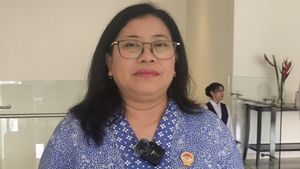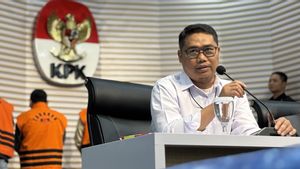JAKARTA - Spokesperson for the COVID-19 Handling Task Force Wiku Adisasmito asked employers to provide certain policies for workers who live in RTs with red zones so that they don't have to work late at night or go on night shifts.
This was conveyed in response to the prohibition for people in the red zone RT to leave and enter their area after 20.00 local time when the implementation of restrictions on micro community activities (PPKM).
"We ask business actors to adjust or provide certain policies for workers whose territories impose a deadline at night," Wiku said in a press conference broadcast on the Presidential Secretariat YouTube account, Tuesday, February 9.
Wiku hopes that all parties should be able to make this PPKM Micro policy a success. Because, this is done by the government as an effort to reduce the potential for transmission of COVID-19 in the community.
"In principle, the implementation of access in and out of an environment during the PPKM period is the government's effort to limit the mobility of the community so as to reduce the potential for transmission that occurs," he said.
If later these workers are still required to work, then this condition will be returned to the village post or local kelurahan. However, he asked that the policy to restrict movement after 8:00 p.m. still be implemented.
"The principle must remain firm in enforcing major policies," he said.
The government limits activities in and out of RTs with the status of the red zone for the spread of COVID-19 until 20.00 local time during the implementation of PPKM Mikro.
This regulation is based on the Minister of Home Affairs Instruction Number 3 of 2021 concerning the Enforcement of Restrictions on Micro-Based Community Activities and the Establishment of a Corona Virus Disease (COVID-19) Management Post at the Village and Sub-District Levels for Control of COVID-19.
This zoning determination is determined by the local government which is then mapped by each governor. The determination takes into account a number of criteria as follows:
1. Green zone
Criteria: No house in one RT has a positive case of COVID-19 in the last 7 days.
Scenario: active surveillance, all suspects tested and monitoring of the case is carried out regularly.
2. Yellow zone
Criteria: there are 1 to 5 houses with positive cases during the last 7 days.
Scenario: find a suspected case and close contact tracing and then ask for self-isolation with close supervision.
3. Orange zone
Criteria: there are 6 to 10 houses with positive cases during the last 7 days.
Scenarios: finding suspected cases and tracing close contacts and then being asked to self-isolate under strict supervision, closing houses of worship, children's play areas, and other public places except for the essential sector.
4. Red zone
Criteria: there are more than 10 houses with positive cases during the last 7 days.
Scenarios: finding suspect cases and close contact tracing; perform self-isolation; closing houses of worship, children's play areas and other public places except for the essential sector; prohibits crowds of more than 3 people; limit entry and exit of RT to a maximum of 20.00 WIB; and eliminate crowd-generating social activities.
Furthermore, monitoring will be carried out by village guard posts in coordination with the COVID-19 Handling Task Force at the sub-district, district, city level and coordinating with the TNI / Polri.
The English, Chinese, Japanese, Arabic, and French versions are automatically generated by the AI. So there may still be inaccuracies in translating, please always see Indonesian as our main language. (system supported by DigitalSiber.id)
